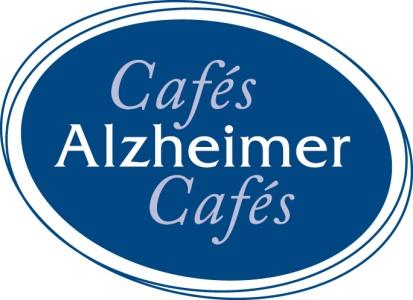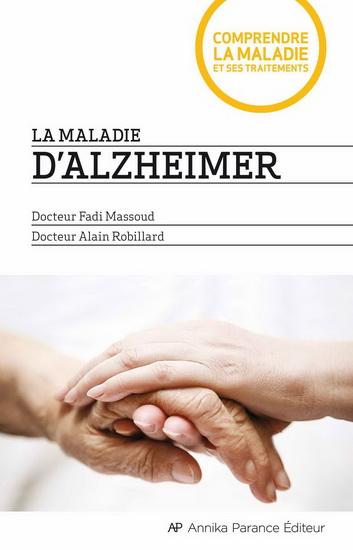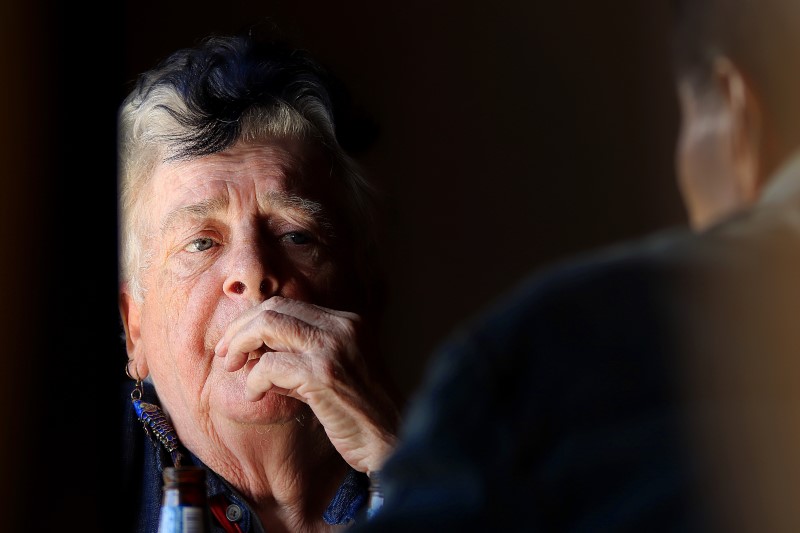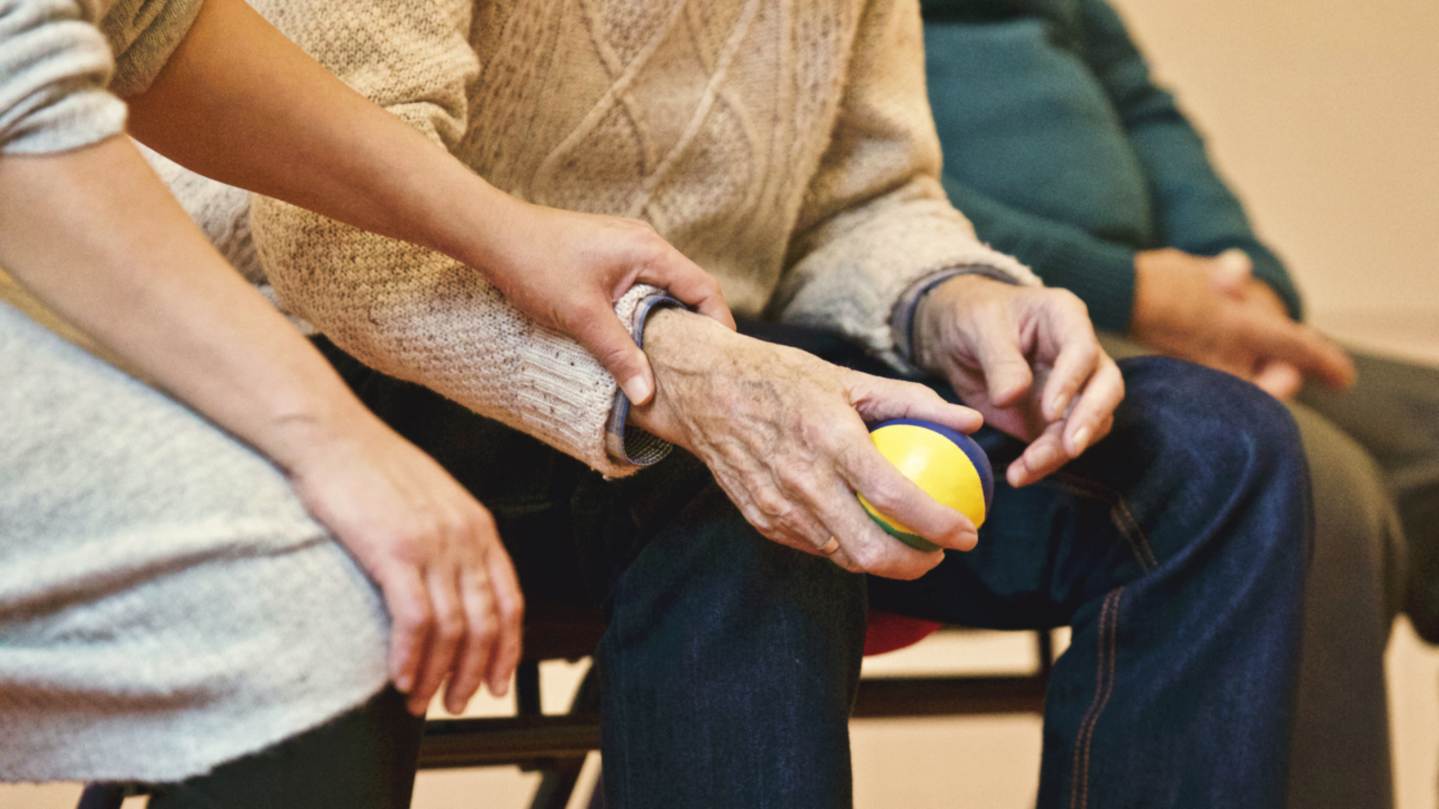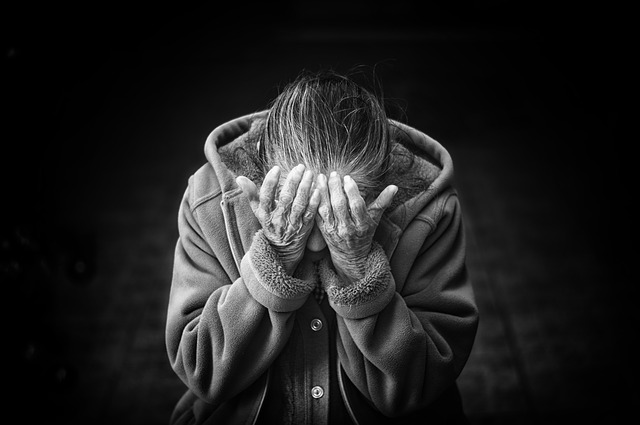
Depression and Older Adults
All humans experience sadness or grief at one time or the other. Depression, however, is a psychiatric illness that needs to be diagnosed and treated.
Unfortunately, though depression is common in older adults, it is often overlooked. Many risk factors can predispose older adults to develop depression; these include the presence of physical illness, social isolation, the loss of independence, being a woman, and the loss of loved ones. Aging is often associated with difficult changes or losses, but it is not normal for anyone to present sustained depressive symptoms. This is a sign to ask for help.
Symptoms of depression
| Depression is characterized by a constellation of symptoms that must last at least two weeks | |
| Symptom | Example |
| Severe sadness | Frequent crying |
| Loss of interest and pleasure | No desire to go to the movies even though it is one’s favourite activity |
| Difficulty concentrating | Frequent forgetfulness, difficulty reading, or following conversations |
| Changes in appetite or weight | Loss of interest in food |
| Changes in sleep | Trouble falling asleep, multiple awakenings during the night |
| Loss of energy | Incapacity to do usual activities because of fatigue |
| Feelings of guilt or loss of self-esteem | Loss of self-esteem, feelings of being responsible for others’ suffering |
| Psychomotor retardation or agitation | Slow movements, long delay to answer questions |
| Ideas of death or suicide | Loss of hope, formulation of suicidal plan, feelings that others would be better off without them |
Contrary to popular belief, suicide also affects the older adults. The presence of suicidal ideas or intentions require a medical evaluation.
What about depression in older adults?
It is important to know that depression in older adults may present a bit differently. It is in fact common for them to complain less of sadness and more of boredom, anxiety, memory problems, as well as physical symptoms, such as pain or gastro-intestinal issues.
Impaired memory and concentration are common symptoms of depression in people of all ages. Nevertheless, their presence in older adults requires additional attention because they may be a sign of an underlying memory or cognitive disorder. For example, Alzheimer’s disease and Parkinson’s disease, which affect brain function, may present with depressive symptoms. In addition, depression in the older adult is a risk factor future development of dementia. A medical evaluation can help narrow down the diagnosis.
Treatment
Treatment of depression can take on many faces. It is tailored to the intensity of the symptoms as well as the desires and needs of each patient.
For example, mild depressive symptoms related to social isolation may respond to simple interventions such as an increase in activities and contacts with loved ones. Symptoms of moderate or severe intensity may require more specific interventions, for example psychotherapy, which can be given in individual or group settings, and medication such as antidepressants.



